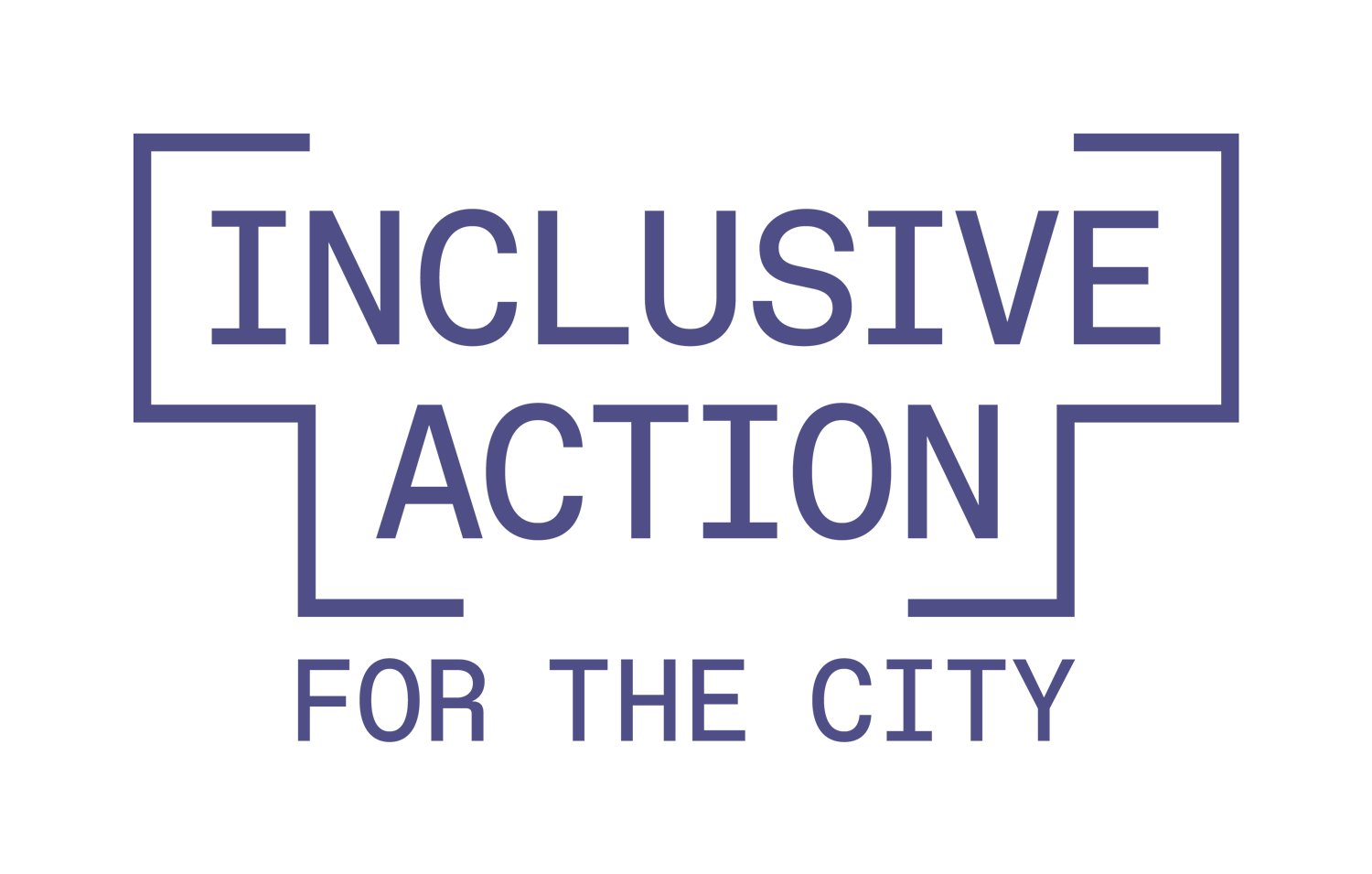Turning Hopes into Reality: The Story of Formalizing Street Vending
By Estefanía B. López Pérez, Senior Policy Associate
On an early Tuesday morning in September 2022, a bustling group of street vendors gathered around a busy intersection in downtown Los Angeles. They were not selling their goods, and many had taken precious time out of their busy schedules to be there. Instead, they went to the Los Angeles office of California Governor Gavin Newsom to hand-deliver over 700 petitions from street vendors asking the Governor to sign Senate Bill 972 into law. “It is heavy because it carries our hopes,” a street vendor told an office representative, motioning to the stack of letters they delivered.
After months of advocacy work with the LA Street Vendor Campaign (LASVC), street vendors’ work paid off. On September 23, 2022, Governor Newsom signed Senate Bill 972 - a bill that modernized the California retail food code to make health permits more accessible for street food vendors - into law. Previously, the LASVC led the mobilization of another state bill, Senate Bill 946 (2018), also known as the Safe Sidewalk Vending Act, which decriminalized and legalized street vending across California.
Estefanía B. López Pérez stands alongside CPC organizers Lucas Tax and Claudia Moreno in Downtown Los Angeles, July 2023.
Both laws are full of promise, yet they require thoughtful implementation alongside the most impacted people. Supporting the formalization of street vending businesses is challenging. After the passage of SB 946, many cities remain out of compliance with State law and continue to restrict sidewalk vending. While many vendors are willing to undergo the formalization process, barriers persist, especially for food vendors. Senate Bill 972 attempts to make health permits more accessible to street vendors who sell food, but for many, purchasing a permitted vending cart and accessing a permitted kitchen space to serve as a commissary is still very costly.
The work of implementing these promising laws continues. Together with the LASVC, Inclusive Action remains engaged in community-based approaches to create formalization pathways for street vendors in Los Angeles. These approaches include the development of education materials, deploying outreach technical assistance support services, and holding formalization clinics where vendors can get free services to obtain their permits, including ITINs, food handler cards, sellers’ permits, and more. Here are some of the ways we have been working on implementation:
Training: With the LASVC, we have conducted comprehensive training for partners interested in creating vendor-led community alliances or those interested in offering small business support and technical assistance to sidewalk vendors. In March 2023, for example, we partnered with Cultiva La Salud to deliver a day-long workshop to over 50 vendors in Fresno with presentations on the history of the street vendor movement, Know Your Rights legal training, an overview of business resources, and a legislative overview of SB 946 and SB 972.
Policy Advocacy: In our policy advocacy at the County level, we successfully advocated for adopting a Microenterprise Home Kitchen Operation (MEHKO) program in L.A. County, establishing a pathway for thousands of low-income entrepreneurs to use home kitchens to support their food businesses. In addition, we also submitted coalition-wide recommendations to the Department of Health on amending the county code, title 8: CMFO, which were integrated into the revised amendments. In the City of Los Angeles, we continue to campaign for several ongoing street vendor-related motions, including one to reduce the sidewalk vending permit from $291 to $27.51.
Outreach & Formalization: In partnership with Community Power Collective (CPC) and LA County’s Department of Economic Opportunity (DEO), we conducted outreach to over 500 street vendors across all five LA County Districts. We have also established partnerships with LA Public Library and the LA County Library to hold regular street vendor formalization clinics throughout Los Angeles, including five business resource and permitting clinics that have reached 245 street vendors, including 75 street vendors we helped successfully obtain their food handler cards. Finally, together with DEO and street vendor leaders, we continue to plan the development of a code-compliant vending cart and identify kitchen spaces to serve as permitted kitchen spaces for food vendors.
While we have made great strides, a long road is still ahead to successfully move street vendors into a safe and supportive formal economy. For the vendors who hand-delivered their petition to Governor Gavin Newsom, carrying their hopes, the work continues to turn their hopes into a reality.

